Indian Prime Minister Narendra Modi has just concluded his first official visit to Egypt, which is also the first official visit by an Indian Prime Minister to the North African country since 1997. Senior leaders of the two countries assessed this as a historic visit, as the two sides established the India-Egypt Strategic Partnership.
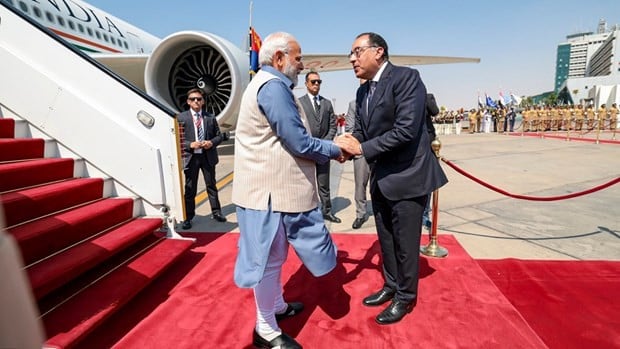 |
| Indian Prime Minister Narendra Modi arrives in Cairo. (Source: MEA India/Vietnam+) |
During the two-day official visit, Indian Prime Minister Narendra Modi and Egyptian President Abdel Fattah El-Sisi signed a joint statement on upgrading the two countries' relations to a strategic partnership, said the Egyptian presidential spokesman.
The two leaders also discussed promoting Egypt-India cooperation in a wide range of areas, from economics , trade, investment, to renewable energy, green hydrogen, pharmaceuticals, food security, education, communications, information technology and defense, and exchanged views on regional and international issues.
Significantly, Prime Minister Modi’s visit to Egypt comes just a few months after President El-Sisi’s visit to India. In January 2023, the Egyptian President was one of the chief guests at India’s Republic Day celebrations. Prime Minister Modi stressed that the two high-level visits taking place in a short span of time reflected the rapid and robust development of the India-Egypt partnership.
International political observers point to a number of factors that have brought India and Egypt closer together. The two countries have long had close ties as co-founders of the Non-Aligned Movement (NAM) in 1961, a global forum for developing countries. Egypt considers India an important partner and almost all of its presidents and prime ministers have visited India. In recent years, Egyptian President El-Sisi has visited India three times.
During his two-day official visit, Indian Prime Minister Narendra Modi and Egyptian President Abdel Fattah El-Sisi signed a joint statement on upgrading the bilateral relationship to a strategic partnership.
Egypt’s economy has been hit hard by the Covid-19 pandemic and the conflict in Ukraine. Food security in Egypt, the world’s largest wheat importer, has been severely affected by disruptions to supplies from Russia and Ukraine. The North African country imports nearly 80% of its grain from Russian and Ukrainian producers. The outlook for economic growth has been dampened, with foreign investors pulling billions of dollars out of the Egyptian market.
In this context, India is one of Cairo’s most trusted partners. Trade between Egypt and India increased by 13.7% in 2022 compared to the previous year. In 2022, despite restricting wheat exports to protect domestic reserves, India still allowed tens of thousands of tons of food to be shipped to Egypt. More than 50 Indian companies are currently operating in Egypt with a total investment of $3.15 billion, creating jobs for about 38,000 Egyptians. Ahead of Prime Minister Modi’s visit to Cairo, an Indian company pledged to build a $12 billion green hydrogen plant in the Suez Canal Economic Zone.
Cairo, meanwhile, plays an integral role in India’s Indo-Pacific strategy as well as its Africa policy. Egypt is the largest Arab country and a major economy, and one of India’s key trading partners in the North Africa-Middle East region. Egypt has a particularly important geostrategic position as 12% of global trade passes through the Suez Canal each year. Cairo is the gateway for Indian goods to reach major markets in both Europe and Africa.
Egypt has shown its appreciation for Prime Minister Modi's visit by awarding the Indian leader the Order of the Nile, Egypt's highest honour, to the Egyptian leader by President El-Sisi. Responding to Egypt's warm sentiments, in a post on Twitter, Indian Prime Minister Modi hailed his visit to Egypt as a "historic journey" that has given new life to India-Egypt relations and brought practical benefits to the people of both countries.
WISDOM
Source link









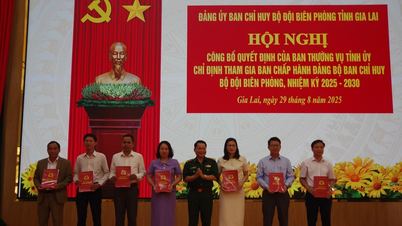

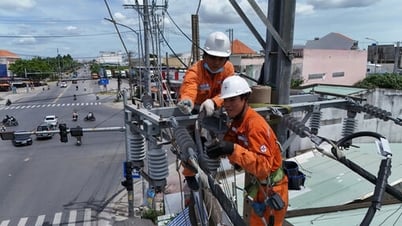

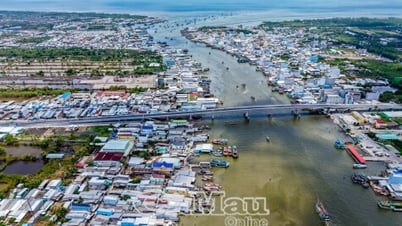

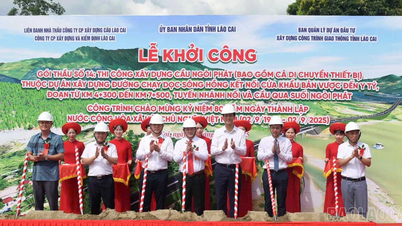

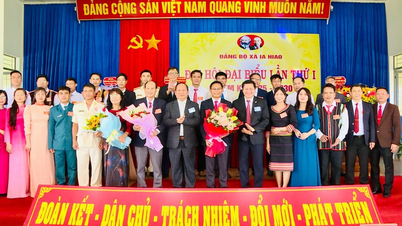














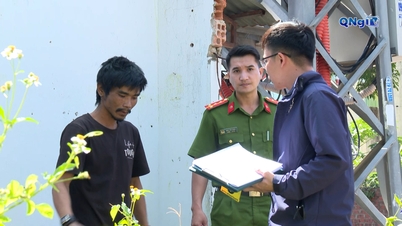













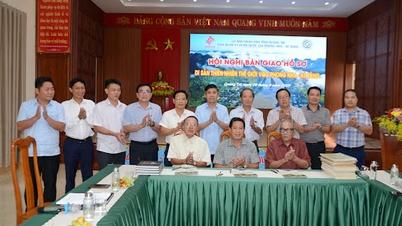












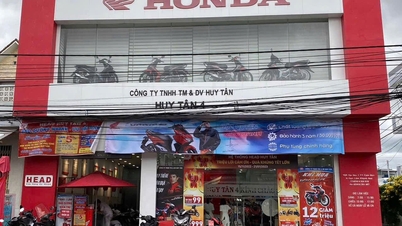
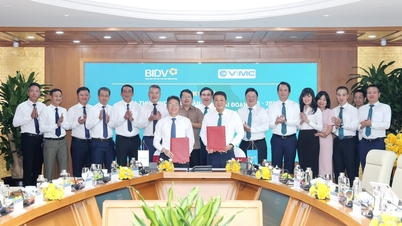

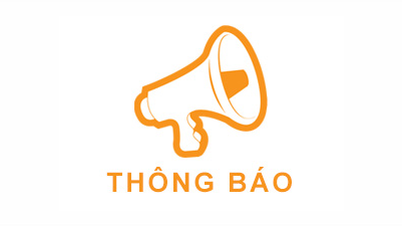
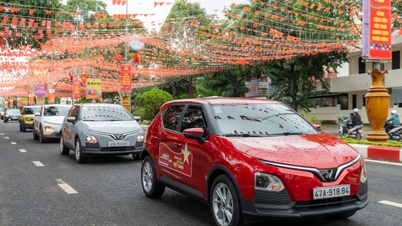






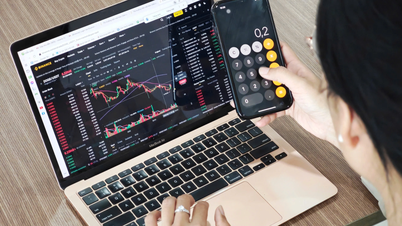



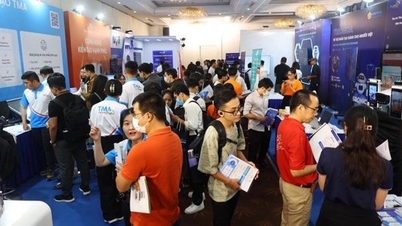





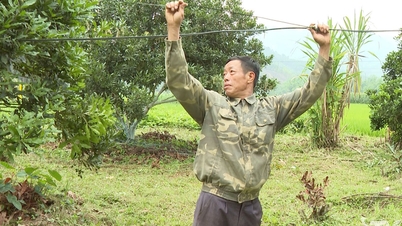



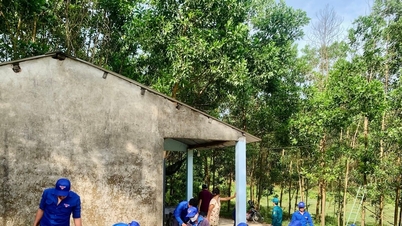


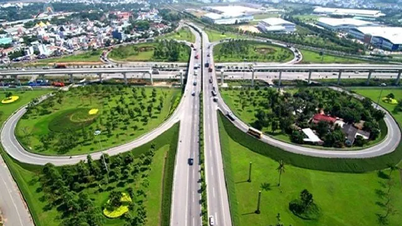









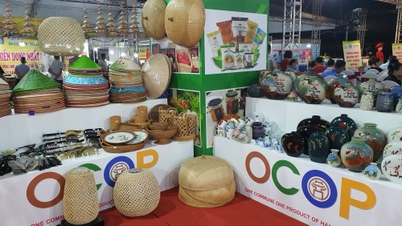

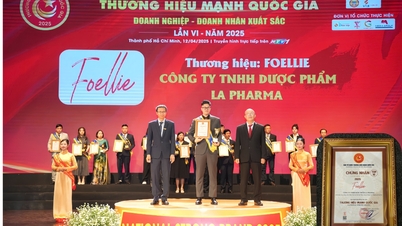







Comment (0)